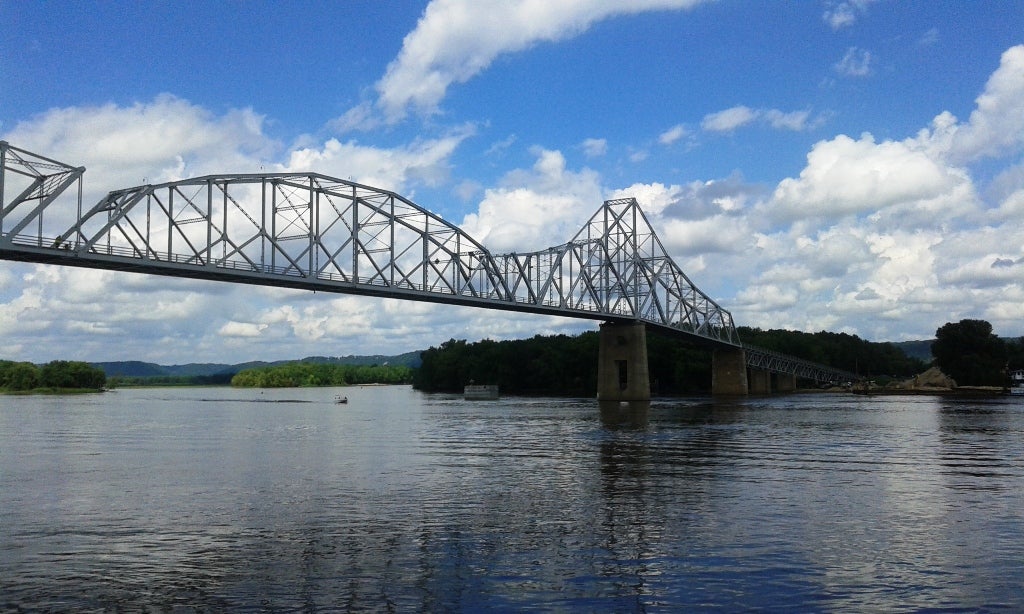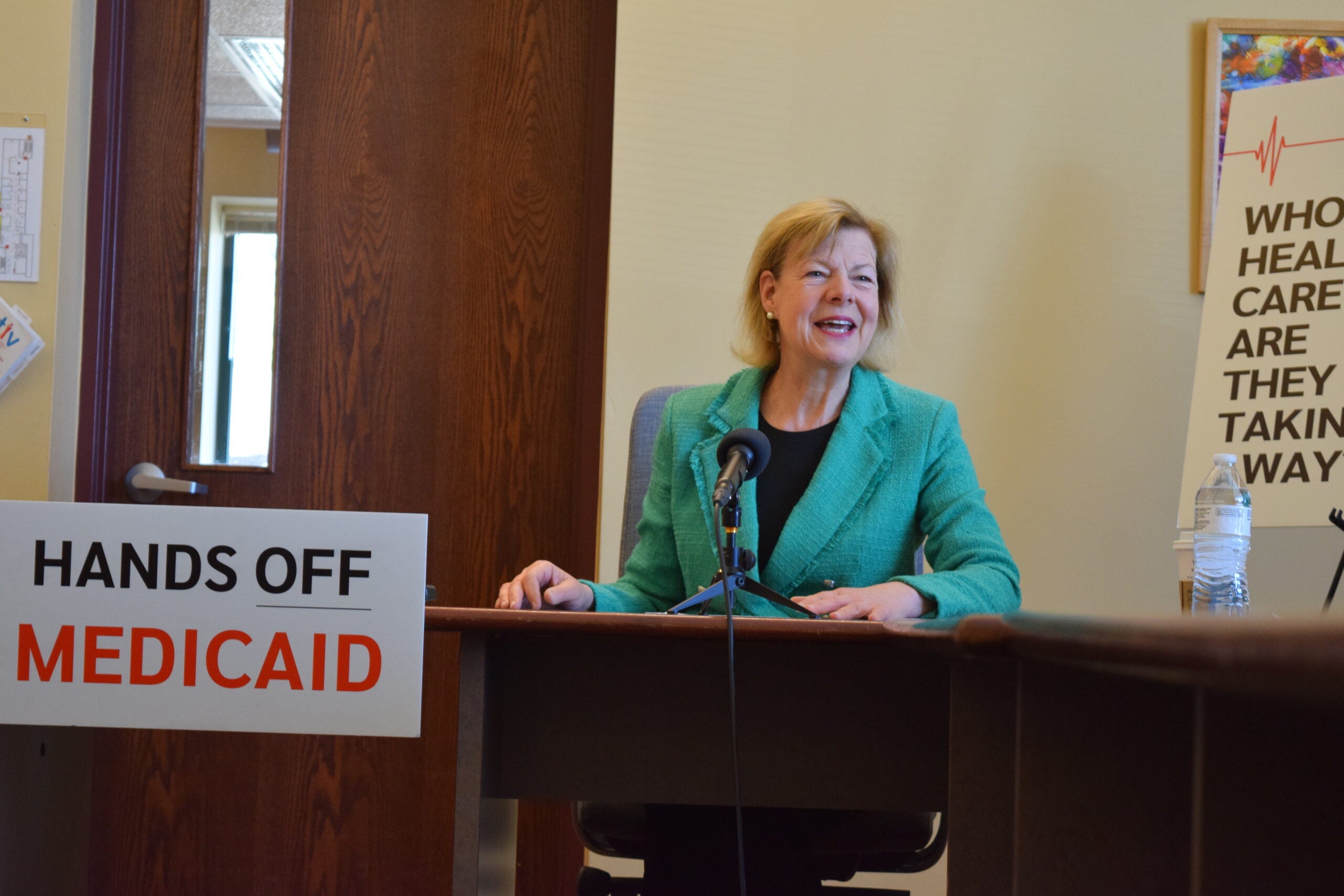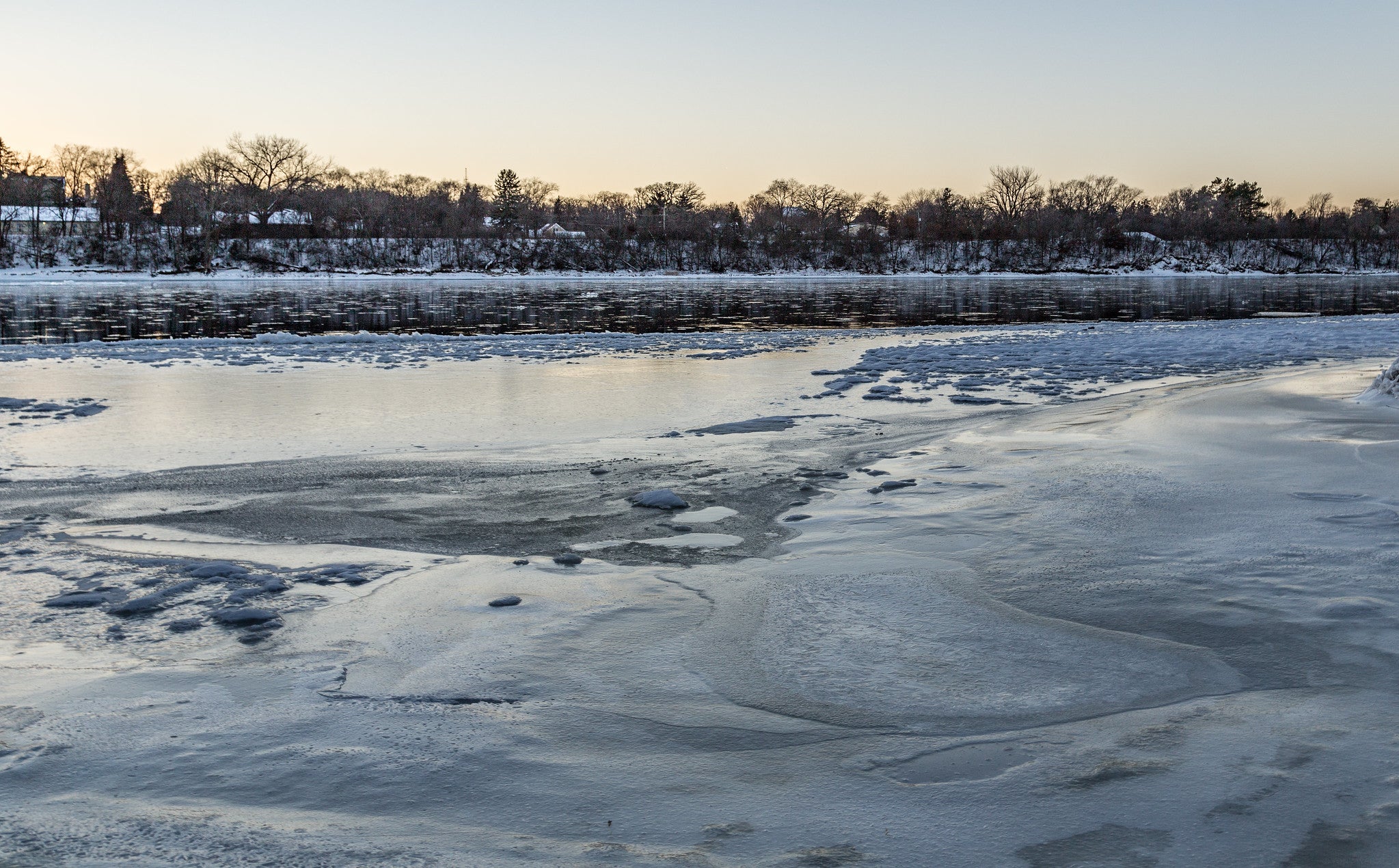During a recent appearance on WPR’s “The Morning Show,” Prairie du Chien Mayor David Hemmer said a bridge closure north of the city is causing increased traffic since Prairie du Chien is home to the nearest Mississippi River crossing.
The Mississippi River Bridge at Lansing is closed for two months due to structural concerns, according to the Iowa Transportation Department. The bridge, also known as Black Hawk Bridge, connects Iowa to Wisconsin about 30 miles north of Prairie du Chien.
“So far traffic hasn’t been too bad,” Hemmer said. “It mostly affects people that live on either side of the river in that area. Getting to work or school, it’s almost an hour by the time you figure either to come back to Prairie Du Chien and then back up the river.”
Stay informed on the latest news
Sign up for WPR’s email newsletter.
On “The Morning Show,” Hemmer also discussed the community’s efforts to prevent toxic chemicals in drinking water and the construction of a new public safety center.
The following has been edited for clarity and brevity.
Kate Archer Kent: What do you know about the Black Hawk Bridge’s problems?
David Hemmer: What I have heard from the official Iowa Department of Transportation website was that they inspected the bridge and one of the pilings had moved slightly. … The vibration from driving a piling into the bedrock of the Mississippi River (for a new bridge) made that vibration bad enough that it moved the old bridge just slightly.
That bridge is almost 100 years old and had been slated for replacement anyway. We need to keep ahead of that maintenance on our bridges and roads. We’re sorely lacking that right now.
KAK: Prairie du Chien’s Common Council members approved a Clean Water Fund Pilot Project. Can you explain this project?
DH: The Department of Natural Resources had new regulations and data on what phosphorus amounts can be released into the river from our wastewater treatment plant. They had the level so low that we’re working on an upgrade for our plant. We’re just starting.
In the meantime, we’re working on this pilot program where we can do rehab on streams or creeks that empty into the Mississippi River. We have just over $1 million.
KAK: Is that enough for you to stay within the DNR requirements?
DH: At this point, it should be. We had done a similar project a couple of years ago. We had rehabbed a stream just north of the city limits here. On another street project we did, we received credits off of that. This is going to be pretty similar to what we did before.
I know people listening in from around the city, they think, “Well, why the heck are we sticking our money in something like that?” But it’s all part of the DNR regulations. They buy us some time to get our plant upgraded to where we need it to be.
KAK: The DNR has found drinking water in numerous counties is contaminated with toxic chemicals known as PFAS. Are PFAS in Prairie Du Chien’s drinking water?
DH: No. We want to keep it that way.
KAK: Do you worry about PFAS in your community and your wells?
DH: Of course we do. We have five wells right now, and we’re constantly checking them. Yes, that is a big issue.
KAK: The state Legislature recently passed a bill that would unlock $125 million for addressing PFAS. But Gov. Tony Evers has signaled he will veto the bill over how it would limit the DNR. How do you feel about the response by state lawmakers in addressing PFAS?
DH: I think they could do more. I mean, they pass it on down to the local municipalities, but they need to give us the funding to be able to do it.
KAK: Last fall, the Prairie du Chien Common Council approved nearly $7 million in local funds for a new public safety center. That funding came in addition to nearly $5 million in federal funds. Why does Prairie du Chien need a public safety center?
DH: Our fire station is 50 years old, and they have outgrown the facility. The trucks are larger nowadays, and we don’t have enough room to fit all of our equipment in the space we have. Also, our police department had been housed for the last probably 40 or 50 years at the county facility. They are going to expand and build a bigger facility. It was just time for us to go our separate ways and each have our own facilities.
The $7 million also includes borrowing for a new fire truck that we currently are getting built and a new dump truck for the street department. It’s not just for the public safety center.
Memorial Hospital agreed to donate its (former) site to the city. We’ve already started environmental studies on it. Hopefully, if everything goes well, we can break ground within two years.
Wisconsin Public Radio, © Copyright 2025, Board of Regents of the University of Wisconsin System and Wisconsin Educational Communications Board.




